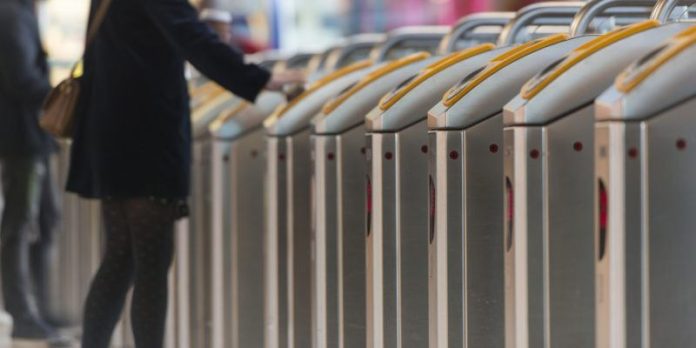Mastercard has confirmed 16 ‘cities’, or rather urban centres, as founding members of its City Possible programme, convened to foster public-private collaboration in the smart cities space.
The ‘cities’, varying in profile, joining the City Possible initiative are: Athens, Aurora (Illinois), Baltimore, Dubai, Dublin, Helsinki, Honolulu, Kansas City, Melbourne, Prague, San Diego, and Altamonte Springs (Florida), plus the communities of Campbelltown, Canterbury Bankstown, Liverpool, and Wollondilly in the City of Sydney, in Australia.
Miguel Gamiño, former chief technology officer of New York City, now executive vice president for global cities at Mastercard, said: “By bringing together city leaders from across the globe, City Possible promotes the sharing of ideas and best practices – aimed at advancing more connected and inclusive urban communities. What unites all our public, private and academic partners is their commitment to make technology work for all people, and finding scalable solutions for universal needs.”
The Technology and Entrepreneurship Center at Harvard University (TECH) will host a series of events with Mastercard as a “regular learning exchange” for city leaders. The first meeting between them is taking place this week at Smart City Expo in Barcelona, in Spain.
The focus will be on urban planning, mobility services and data insights. City Possible will establish a social media and sharing platform for members, too.
David Ricketts, professor and fellow at TECH, commented: “Through our learning exchanges, we want to equip CIOs and other urban leaders to better navigate this dynamic environment.”
The United Nations, which made civic sustainability a key part of its sustainable Development Goals (SDGs) in 2015 will engage with City Possible through its Global Compact Cities programme.
Michael Nolan, director of the Global Compact Cities Programme, commented: “Knowledge sharing and robust relationship building between the private sector, civil society, and local and territorial governments is vital for achieving the SDGs — and this mind-set sits at the heart of our Local 2030 initiative.”
Once key challenges that are shared by cities across the globe have been identified, City Possible will provide a framework for co-creating, testing and scaling solutions – connecting cities with private sector players that are equally committed to people-centered design. By closely collaborating with companies such as
Microsoft joined the City Possible programme in May. Dutch mapping company HERE Technologies and French augmented identity company IDEMIA have also joined as technology partners, said Mastercard.
Mastercard suggested it wanted to ape the success of contactless ticketing, pioneered with Transport for London (TfL) in 2014, and since rolled out globally, to bring global standards for digital disbursement of social benefits and a unified access to municipal services.

